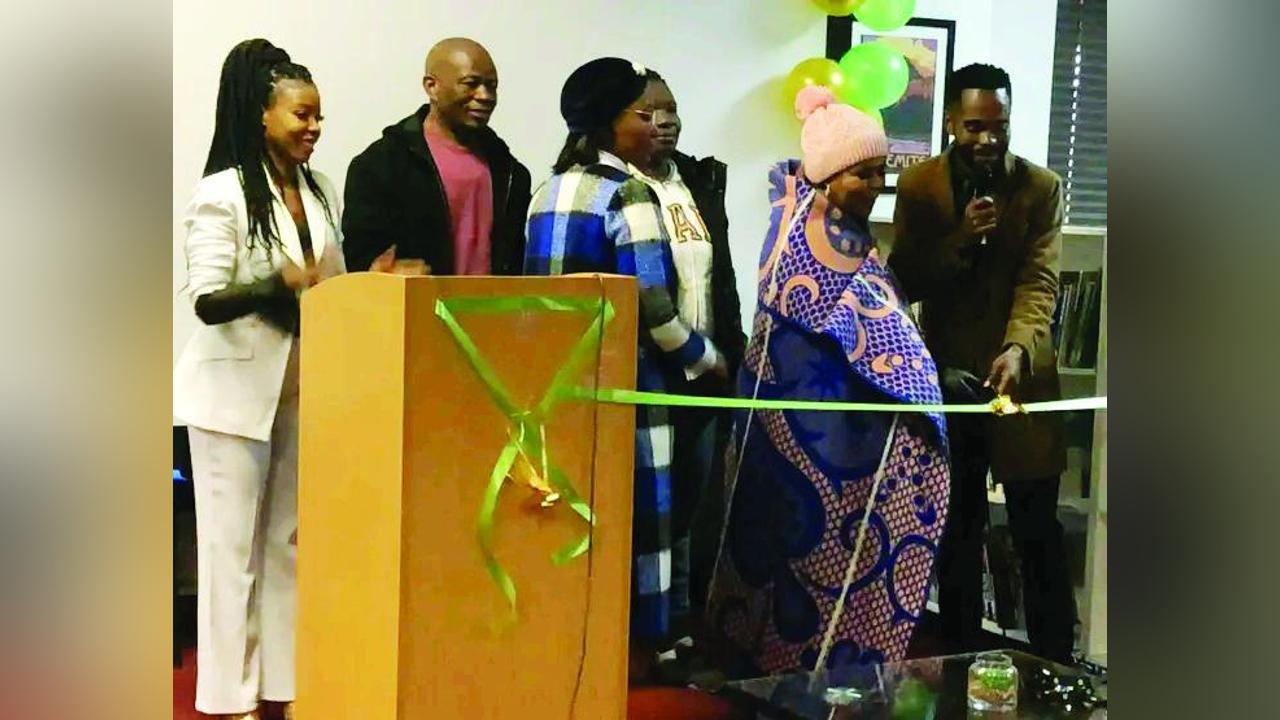Africa-Press – Lesotho. Rural communities experience a severe lack of access to full-range behavioural health care services for mental health issues, making them more vulnerable than their urban counterparts. This is despite the fact that there is not much of a difference in the rate of mental health illness between rural and urban areas.
This was revealed by a mental health victim, Khobotle Mosala, who migrated from Bobete in Thaba-Tseka district to Matsotlareng in Maseru, saying due to the terrain, they travel longer distances than their urban peers to access health services, including mental health care.
Mosala said despite availability of health literacy, they still struggle to access mental health care due to stigma surrounding mental health. He said: “This stigma is also inhibiting help-seeking behaviour, and lack of privacy is a common barrier; we are reluctant to seek treatment when anonymity is at risk.
In an interview with Public Eye, the founder and president of Tšane Foundation, Lekhetho Khama, said rural areas are the areas that urgently need to be visited, not only to sensitize but to come up with a solution.
“Be it monthly visitation where a team of medics, counsellors, donations and recreational activities are provided,” Khama added.
This follows the launch of Mental Health Forum and Tšane Foundation last week, which aims to assist many who are faced with mental health issues, raise awareness, and map a way forward in addressing mental health crisis in places where there is an increase in suicide cases among youth due to depression, anxiety and other mental related issues.
Given a small research they have done, Khama said it is clear that mentally affected people in the rural areas are either hidden away by their families as it is seen as a taboo, or they are mocked and are not cared for.
He said they are on a mission to travel wide to engage with the youth and establish easily accessible counselling stations where they can have a professional counsellor with whom they will openly talk if need be.
He added: “It has come to our attention that most of the youth are not comfortable opening up to their own parents or someone they personally know. They prefer talking to a stranger.
We plan to be that caring and professional stranger that they can talk to. We also plan to engage with our telecommunications service providers to offer a toll-free line where counsellors would be easily accessible at all times.
” He said since their establishment, they have not received any assistance.
“Everything we have done this far is from our own pockets. There is so much we could do to help our youth but we are limited by financial constraints and transportation,” he said.
“We are open to anyone who is willing to help us either financially to make it possible for us to travel and fulfill our awareness campaigns, pay off a subsidized consultation fee to our volunteer counsellors, or means of transportation to reach even those in the rural areas,” he appealed.
He noted that they also have volunteers who they would like to at least give transportation funds and food as they selflessly give their services. Khama said they are currently involved in a number of activities, spreading the importance of full knowledge of mental health illness.
“We have taken it upon ourselves to educate and sensitise people about how important it is to know deeper about mental health. We have an ongoing research where we have found that mental health statistics are not as accurate as of date.
We need to rectify that and have clear numbers so that we can know how many cases we are honestly dealing with,” he further noted. He also appealed to people to stop self-diagnosing, as visiting a professional counsellor or a mental health institute does not mean one is crazy.
“Let us stop stigmatising mental health and those affected.
We are losing loved ones due to depression and anxiety because people are scared to seek help due to the stigma surrounding metal health and anxiety,” he pleaded.
As of April 27, Tšane Foundation was legally registered as a non-governmental organisation. It was launched and introduced to the general public on June 2 2023. The launch also combined a forum where they discussed the root cause of mental health illness and depression in Lesotho around youth.
Founded in 2021, the foundation is going to raise awareness on mental health issues, working hand-in-hand with high schools, tertiary institutions to offer assistance in mental health cases.
They have so far helped over 37 individuals and young couples in their respective challenges ranging from alcohol abuse, suicide attempts and anxiety, all being done from their own pockets and determination to improve lives.
To address the gaps in resources, the government has set up initiatives such as mental health centres and community health services, among others, to provide people with counselling, psychotherapy and medication to those who require them. Many of these strategies focus on creating more awareness about mental health issues and reducing their stigma.
https://publiceyenews.com/mental-health-foundation-fights-stigma/
For More News And Analysis About Lesotho Follow Africa-Press






